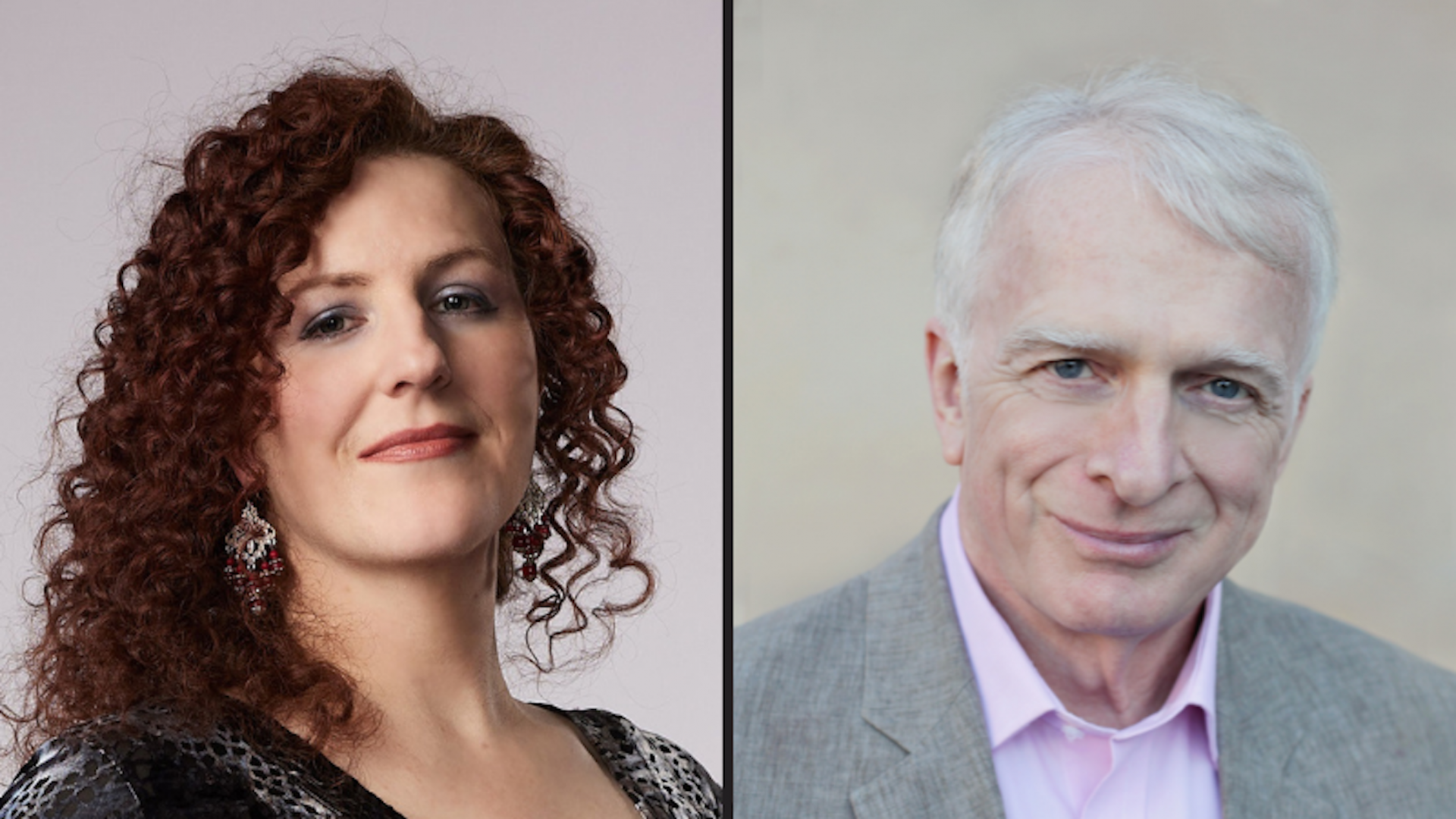What a better way to open the quadrennial Sydney International Piano Competition than with a series of piano duets by two of Australia’s most acclaimed classical pianists – Tamara Anna-Cislowska and Gerard Willems AM.
The concert opened with striking chords from Busoni’s arrangement for piano duet of Mozart’s Overture to his opera The Magic Flute. Any Busoni arrangement is bound to enthral an audience – for example, the sheer force of his arrangements of Bach’s chorale preludes is timeless. Especially is that so for his arrangement of this iconic overture. It has a good mix of bombast and frivolity. This both performers realised, with tasteful changes in dynamics. The articulation of the more contrapuntal passages was impressive, as was the sheer confidence with which the faster passages were dispatched by both pianists.
After a very lengthy interview by Damien Beaumont with the pianists was an interesting arrangement for piano duet of Beethoven’s Seventh Symphony. Like Mozart’s overture, the Poco sostenuto of Beethoven’s Seventh features rapid contrasts between loud and soft passages. It also features a remarkable motif, being a series of scales that travers the keyboard; and these were executed with great force, among many other overlapping melodies, by Willems. One can almost hear the resonance of the timpanis when the duet breaks out starkly into something of a gigue. But the highlight was the second movement, which is always a showstopper. It is a distinctly Beethovenesque twist on the Baroque – at once brooding, dramatic, and foreboding – and seems centred on that most Baroque of musical motifs – the chromatic passus duriusculus. Willems develops the rambling countersubject before it is wondrously superimposed upon the main theme played forte by Cislowska.
After the interval came Willems’ performance of various short pieces by Grieg. The first was the ‘Solitary Traveller’ from Grieg’s Lyric Pieces. Willems performed with a rhythm that gave the impression of a courtly dance. And the piece’s harmonies, combined with Willems’ slight sustain, imbued with the mystical sense of isolation that only Grieg can convey. The extended arpeggios in the famous ‘Morning Mood’ gave a delightfully ethereal feel to the piece. Less well known, but equally evocative and perhaps more playful, is Grieg’s ‘Butterfly’. It is undoubtedly great fun to play, and the audience could tell.
Cislowska then performed Liszt’s Abschied. As with many ‘farewell’ pieces (think even all the way back to Dowland’s Farewell) it begins, wistfully, with a vague sense of longing. One of the highlights is a series of notes wandering upward, played pianissimo by Cislowska, followed by a series of glassy soft high chords in the mysterious Phyrgian mode. With Liszt’s impression of Verdi’s Rigoletto we have, naturally, a rapid change in mood. It is certainly a very technically demanding piece. From the outset, we are treated to an almost confronting cascade of high notes that lead into a meandering Andante that gives the impression first of a brief recitative and then of an aria with a tenor voice. This is no surprise, given the score is marked ‘cantando’.
The two great pianists join forces again to perform a duet rendition of Gershwin’s Rhapsody in Blue, which begins with that famous extended trill and glissando, originally for clarinet. The jazzy syncopated passages in the bass are exchanged for even jazzier passages in the higher ranges, only to be succeeded by a fury of descending chords. Both played with precisely the same force, and yet playfulness, that is to be expected of this piece.
In 2023, the Sydney International Piano Competition (The Sydney) will once again return to a live event from 5th to 22nd July, with 32 of the world’s finest young pianists travelling to Australia to compete for top honours at the Sydney Conservatorium of Music, culminating in the Finals at the Sydney Opera House. See here for details on the competing artists.
